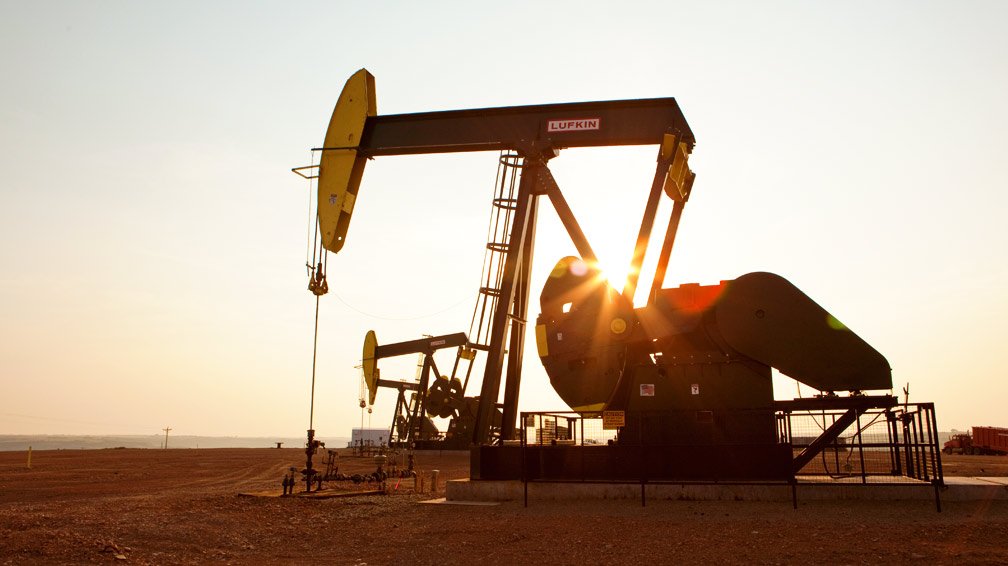Fiduciary Litigation Surrounding Oil and Gas in Texas
Oil and gas drilling has been a major industry in Texas for over a century. However, the boom in hydraulic fracturing, or fracking, in recent years has led to an increase in fiduciary litigation surrounding oil and gas in Texas. In this blog post, we’ll explore what fiduciary litigation is, how it relates to the oil and gas industry in Texas, and what steps individuals and companies can take to protect themselves.
What is fiduciary litigation?
Fiduciary litigation involves disputes between parties who have a special legal relationship known as a fiduciary relationship. This relationship is based on trust, and one party, known as the fiduciary, has a legal obligation to act in the best interests of the other party, known as the beneficiary. When the fiduciary breaches this obligation and causes harm to the beneficiary, fiduciary litigation may result.
How does fiduciary litigation relate to the oil and gas industry in Texas?
In the oil and gas industry, fiduciary relationships are common. For example, landowners may lease their land to oil and gas companies for drilling purposes, and these leases often create a fiduciary relationship between the landowner and the company. The oil and gas company has a legal obligation to act in the best interests of the landowner, and if the company breaches this obligation, fiduciary litigation may result.
Similarly, investors in oil and gas ventures may have a fiduciary relationship with the company managing the venture. If the company breaches its obligation to act in the best interests of the investors, fiduciary litigation may result.
Finally, individuals inheriting oil and gas have a fiduciary relationship with the executor or trustee who is ultimately providing such oil and gas rights.
What steps can individuals and companies take to protect themselves?
To avoid fiduciary litigation, it is important for individuals and companies in the oil and gas industry to be aware of their legal obligations and to act in good faith. This includes being transparent about business practices and disclosing any potential conflicts of interest.
Individuals and companies should also take steps to ensure that they have accurate and complete records of all transactions and communications related to their oil and gas ventures. This can help to avoid disputes and provide evidence in the event that fiduciary litigation does occur.
Individuals should be aware of their rights if they are inheriting oil and gas rights. What oil and gas should they be inherit? What leases exist and are there more leasing opportunities? Are there any ratifications that provide for different distributions of oil and gas rights than a will or trust may provide?
In addition, individuals and companies should be proactive in seeking legal advice and representation when necessary. A qualified attorney can help to identify potential fiduciary issues and provide guidance on how to address them.
Finally, individuals and companies should consider obtaining insurance coverage for fiduciary liability. This can provide financial protection in the event of a fiduciary lawsuit.
In conclusion, fiduciary litigation surrounding oil and gas in Texas is a complex issue that requires careful attention to legal obligations and best practices. By being proactive and seeking legal advice when necessary, individuals and companies in the oil and gas industry can protect themselves from potential litigation and ensure that they are acting in the best interests of their beneficiaries.


